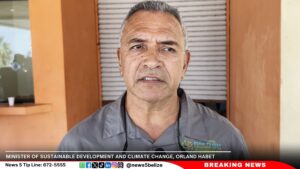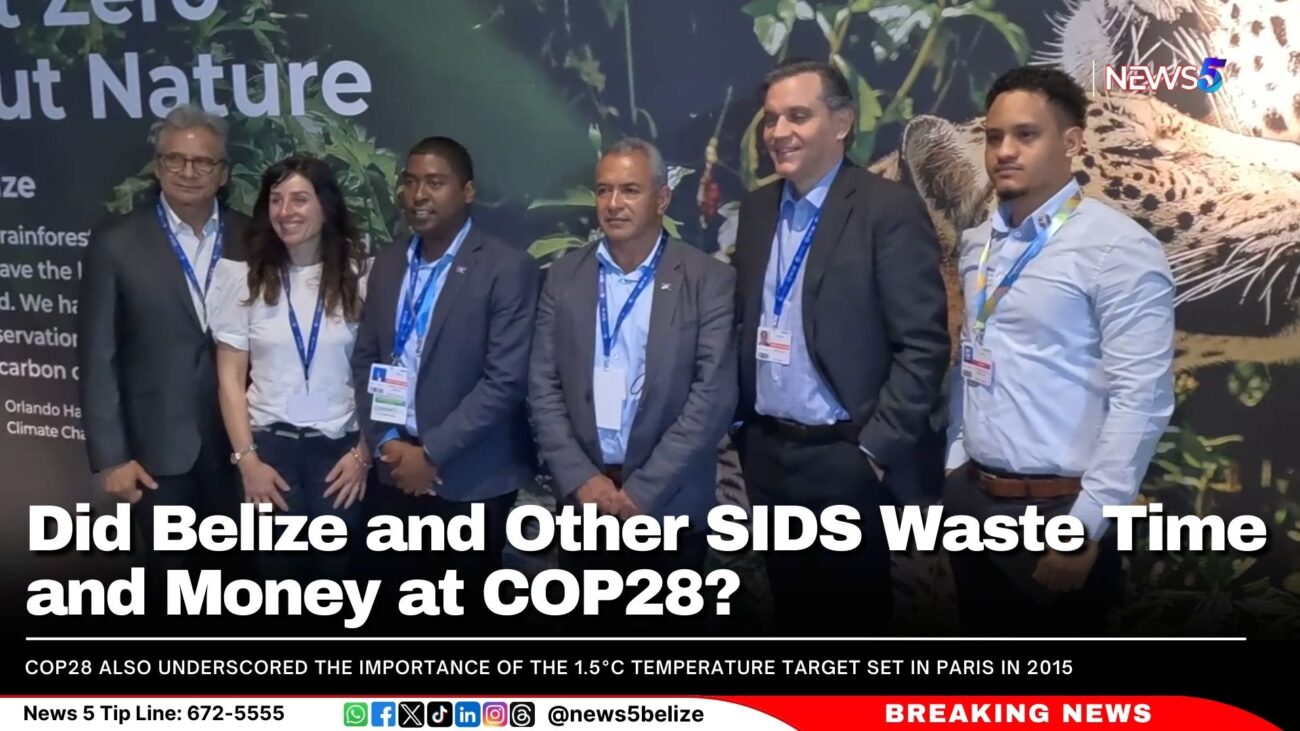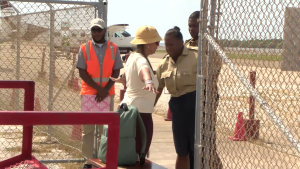Did Belize and Other SIDS Waste Time and Money at COP28?
As COP29 approaches in Baku, Azerbaijan, global attention is focused on how the upcoming summit might drive climate action beyond what was achieved at last year’s COP28 in Dubai. Scheduled for November 2024, COP29 will continue the international efforts to combat climate change, with world leaders expected to build on COP28’s outcomes and strengthen initiatives to limit global temperature rise to 1.5°C above pre-industrial levels. However, before turning to COP29, it’s worth reflecting on the mixed outcomes of COP28 for small island developing states (SIDS) like Belize and whether their participation yielded meaningful results or simply incurred significant costs.
The Setting of COP28: Controversy in Dubai
COP28, held from November 30 to December 12, 2023, in Dubai, United Arab Emirates (UAE), was marked by controversy. Concerns centred on the UAE’s significant oil and gas industry, a major source of global greenhouse gas emissions. The appointment of Sultan al-Jaber, CEO of the UAE’s national oil company, as COP28 president raised questions about conflicts of interest, especially after leaked documents suggested the UAE might use its position as host to pursue oil and gas deals. Al-Jaber countered these criticisms by highlighting his background in renewable energy and advocating for industry reforms, yet doubts lingered regarding the integrity of the conference’s climate goals.
Key Outcomes of COP28: Progress or Promises?

One major development at COP28 was the unprecedented consensus on transitioning energy systems away from fossil fuels. This shift was framed as a “just, orderly, and equitable” process, highlighting the expectation that wealthier nations would lead the transition. While this commitment to reduce fossil fuel reliance was significant, the agreement lacked binding provisions or specific timelines, leaving its impact uncertain. Instead, a target was set to triple global renewable energy capacity and double energy efficiency by 2030—a crucial, albeit voluntary, step in addressing global emissions.
Belize’s Minister of Sustainable Development and Climate Change, Orlando Habet, says, “There has been some progress. The adaptation fund, they even informed us that 100 billion that we had been asking for was reached in 2022. There’s no transparency on that part. So for COP 29, what we’re asking is more transparency on one, the acquisition of the funding, the facilitation of that funding and how it is being distributed.”
Habet added, “At COP 28 one of the big issues there and the discussion of the agenda was the GST which is the midway point of the of the 2030 agenda and see where we are from there.”
COP28 also underscored the importance of the 1.5°C temperature target set in Paris in 2015, which scientists deem essential for avoiding catastrophic climate impacts. However, despite the renewed emphasis, experts have warned that current policies could lead to a 2.7°C rise by 2100. This alarming forecast, coupled with the limited enforceability of COP28’s agreements, raised questions about the tangible progress made at the conference.
Participation of Small Island Developing States (SIDS): Costs and Considerations
The sheer scale of COP28—nearly 100,000 participants, including 200 national delegations and thousands of industry representatives—raised concerns for SIDS like Belize. Their attendance at such massive conferences is often financially and logistically demanding, and many questioned whether the benefits justified the expenses. Despite the presence of high-profile leaders, such as UK Prime Minister Rishi Sunak and Indian Prime Minister Narendra Modi, the influence of fossil fuel representatives also cast a shadow, as their attendance fuelled worries about industry lobbying and “greenwashing.”
Financial Aid and Climate Justice: Progress on the “Loss and Damage” Fund

At COP28, an announcement was made that the “Loss and Damage” fund, established at COP27, would finally begin disbursing payments to developing nations facing severe climate impacts. This fund aims to compensate countries suffering irreversible climate losses, especially those with limited resources for adaptation. Habet said, “The first thing that we need to show is, at least in the first day and the second day, the acceptance of having the loss and damage agenda on the program, the discussion, and very early in the initial days of the program. They accepted the loss and damage, not only the agenda, but it was approved. And then it built up to before the end of COP that there was over 700 million. Unfortunately, up to now, it’s been almost a year, and it’s still about 800-850 million. It’s very little for an area where many of the small island developing states really need to get some assistance with loss and damage.”
Habet told News 5 that he is disappointed with the amount that has so far been pledged. “Very disappointed. I would have believed it’ll be in the billions by now, but I think that what we are seeing now that for COP 29, the president of the COP from Baku is looking to put the finance agenda as one of the priorities for his COP. So we are trying to build on that also from CARICOM and from Belize itself. We are looking to see how we can gain into the finance area.”
As Minister Habet mentioned, the funding amounts pledged remain small, and the effectiveness of this fund largely depends on additional commitments from wealthier nations.
In a separate but related commitment, developed countries reiterated their goal to provide $100 billion annually to support developing nations, a target they were expected to meet by 2020 but have only likely achieved in recent years. The COP28 agreement, however, acknowledged a growing gap between financial commitments and the actual needs of climate-vulnerable countries, with no requirements for new contributions—a situation that could further strain SIDS’ climate resilience efforts.
The Debate Over Impact: Was COP28 Worthwhile?
Critics of the COP processvargue that these conferences risk becoming platforms for “greenwashing,” allowing countries and corporations to portray themselves as climate-friendly without enacting significant change. While the conferences do facilitate important international agreements, their success ultimately depends on the follow-through of participating countries. The landmark 1.5°C commitment from COP21 has inspired numerous climate actions globally, yet the pace remains insufficient to meet the Paris Agreement goals.
For SIDS, the outcomes of COP28 remain a mixed bag—while there were symbolic wins, such as the operationalisation of the Loss and Damage Fund, real, enforceable support from wealthier nations has yet to materialize. Whether COP28 will truly lead to actionable policies or whether Belize and other SIDS invested valuable resources in an overpromising platform remains a question for the years ahead.







Facebook Comments